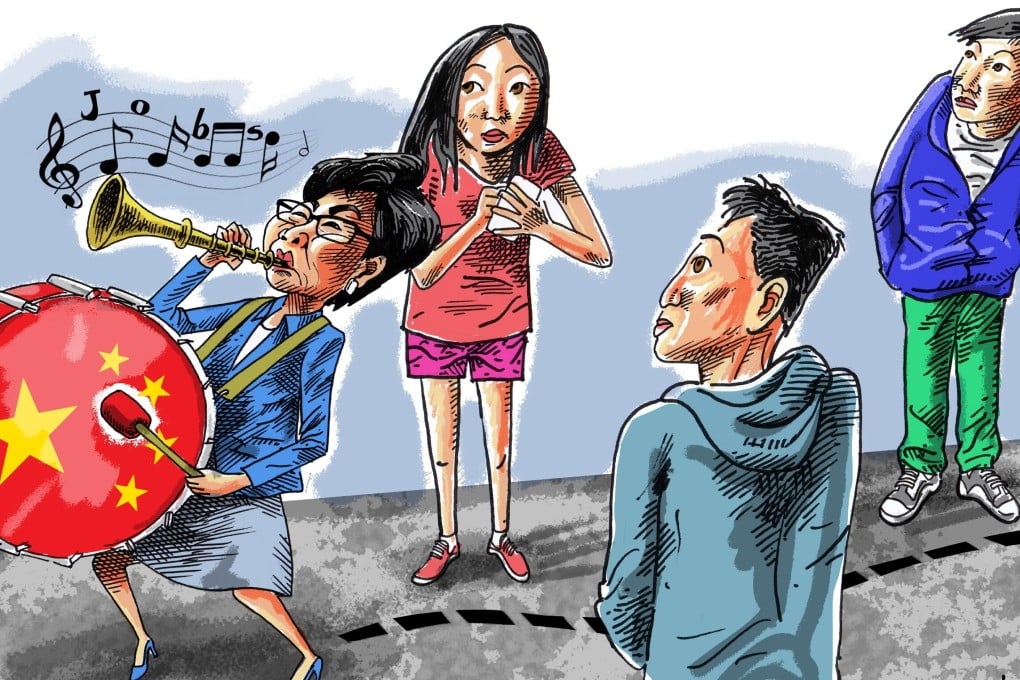Opinion | To get young Hongkongers to take up mainland job opportunities, build trust and avoid politics
- Those who want to work on the mainland will go, but the government should not expect a one-off policy to resolve anti-mainland sentiment among Hong Kong youths
- Young people need to know the benefits and risks of working on the mainland, as well as the practical, psychological and emotional issues they might face

When I heard Lam’s plan, I recalled a meeting in autumn 2019 with five of my MA students, four from the mainland and one local. I asked about their post-graduation plans. One mainlander encouraged the Hong Kong student to consider moving north, where he might get a higher salary in Guangdong. His response: he would gladly earn 30 per cent less in return for continued access to Facebook.
As the Hong Kong government rolls out the programme, who is likely to see it positively and head north? A 2009 study – which I directed – supported by the Central Policy Unit interviewed 235 Hongkongers living on the mainland, while a 2015 study looked at Hong Kong youth’s perceptions of the mainland.

04:35
What does ‘one country, two systems’ mean?
In 2009, sojourners became more “Chinese” living on the mainland. While 14 per cent saw themselves as Hongkongers before moving, only 2 per cent felt that way after moving north. Those identifying as Hongkongers and Chinese before moving decreased from 23 per cent to 14 per cent, while those feeling “Chinese but also a Hongkonger” or just Chinese rose from 16 per cent to 28 per cent.

